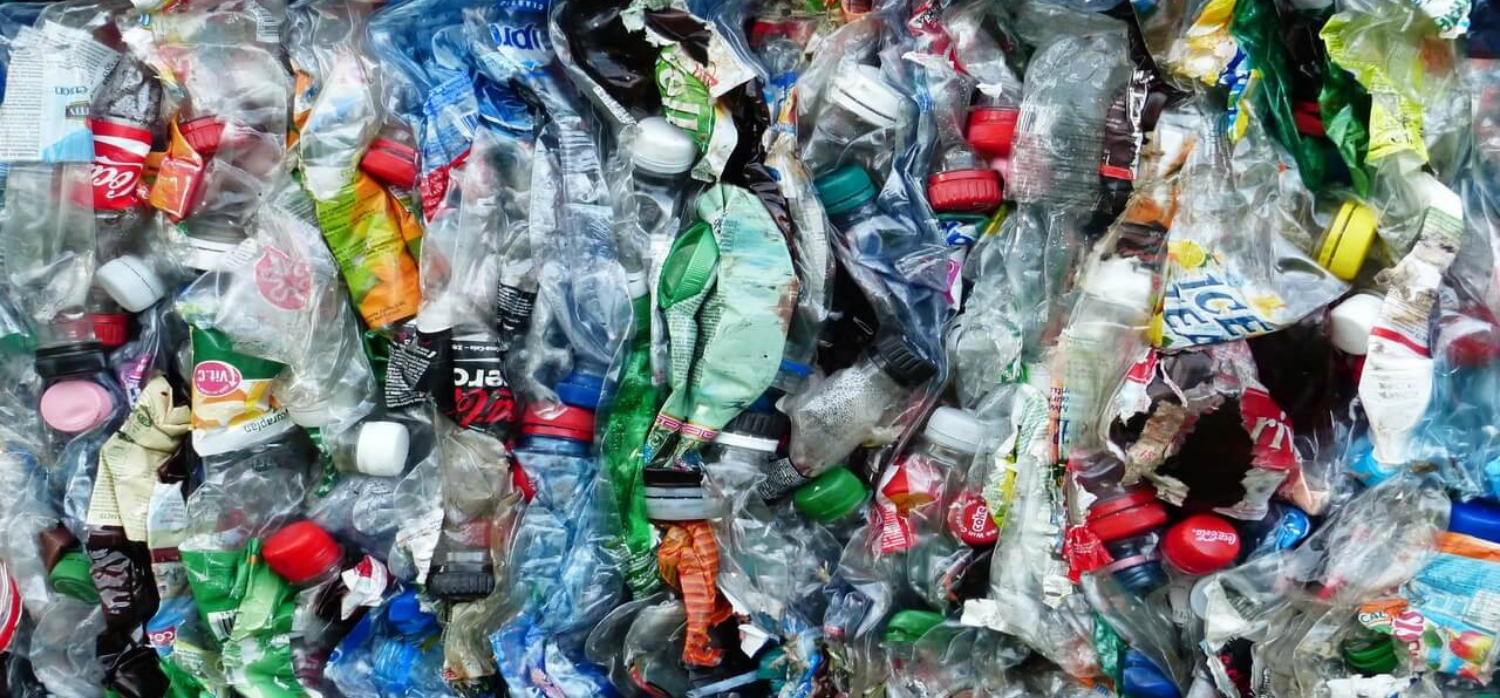Plastic recycling was pronounced dead a year ago in a Greenpeace study titled “Circular Claims Fall Flat Again.” Released in October 2022, the reportcomplained that no more than 6 percent of all discarded American plastic had been recycled in 2021.
“After more than 30 years,” concluded Greenpeace, “it is time to accept that plastic recycling is a failed concept.”
Another Failed Concept: The Ellen MacArthur Foundation
The Greenpeace report exposed another failed concept: the Ellen MacArthur Foundation (EMF). A prominent promoter of the so-called circular economy, the EMF presumes all forms of waste are merely a “human invention” that can be engineered away through endless reincarnation.
Although not known as well as Greenpeace, the Ellen MacArther Foundation is quietly influential. The EMF’s “strategic partners” in the naïve notion that nothing should ever be discarded include Coca-Cola, PepsiCo, Danone, and Nestlé. These are some of the planet’s biggest users of the ubiquitous polyethylene terephthalate (PET) plastic beverage bottles. Even though all American recycling facilities accept PET, Greenpeace found this translated to just a 20.9 percent recycling rate.
The Greenpeace report included numerous criticisms of the EMF:
The Ellen MacArthur Foundation acknowledges the many barriers to plastic recycling, but then quickly dismisses them with the proclamation that a global effort called the New Plastics Economy will succeed. . . .
. . . no type of plastic packaging in the U.S. meets the EMF NPE definition of “recyclable.”
. . . EMF reports expand on the contrived premise of the circular economy of plastics and imagine benefits built on the fiction that plastic recycling will someday work.
While Greenpeace is one of the world’s most radical climate alarmist nonprofits, even neutral sources agree plastic recycling is fundamentally impractical.
“Plastics typically degrade in quality during the recycling process,” reportsOur World in Data. “For most recyclable plastics, they are typically only suitable for recycling once.”
Greenpeace’s rational criticisms of recycling are fueled by the nonprofit’s irrational support for restrictions on plastic use. For Greenpeace, plastic is unmanageable pollution, a sin that cannot be redeemed through any method, recycling or otherwise.
In practice, the Ellen MacArthur Foundation sells the same message, but wraps it in the false salvation of recycling. Because EMF’s recycling god has failed, the nonprofit and its corporate supporters have implicitly left the public with only the myth that plastic is a pollution with no solution, a sin with no redeeming value.
Valuable trees and rare creatures once had to die to do what plastic does for us. It provides food preservation, sterile medical equipment, low-cost Coca-Cola bottling, and countless other irreplaceable benefits. Plastic would have to be unimaginably awful to justify restricting its use.
The Plastic Pollution Myth
Fortunately, plastic pollution is largely a myth for Americans. Beyond the 6 percent Greenpeace claimed was officially “recycled” in 2021, Americans disposed of the remaining 94 percent of their plastic waste both responsibly and usefully.
Based on the data used by Greenpeace, 80 percent landed in a landfill. But it won’t remain as waste because landfills are frequently refurbished and repurposed when full. Freshkills, once the planet’s largest garbage pit, is now the first public park development undertaken by New York City in more than a century.
The remaining 14 percent of 2021’s plastic refuse was incinerated for energy recovery—literally creating electricity, heat, or fuel from plastic refuse.
And after Greenpeace declared plastic recycling dead, Chevron won Environmental Protection Agency approval to use pyrolysis superheating to release hydrocarbons trapped in plastic trash and then process them through a conventional refinery into jet fuel. Similarly, a January 2023 research paper published by the American Chemistry Society concluded that polystyrene plastics “can be well converted into aviation fuel through microwave-assisted pyrolysis.”
Polystyrene can be made light weight, low cost, temperature resistant and is thus perfect for food packaging. It’s also a prominent target of plastic scolds.
Time to Call the Coroner
But if plastics can so easily become jet fuel, that will lead to a lot of lonely landfills in the future. A sworn enemy of hydrocarbon fuels, no matter how produced, Greenpeace opposes this outcome.
The Ellen MacArthur Foundation is also skeptical and has warned of“concerns that over-deployment of such incineration infrastructure can create a ‘lock-in’ effect that, because of the large capital investments but relatively low operating costs involved in building up and running such infrastructure, can effectively push higher value mechanisms such as recycling out of the market.”
That’s their babblespeak for “we fear recycling plastic into fuel works so well and efficiently that it will kill off recycling.”
Well, sorry Ellen. Plastic recycling has already passed away.
Ken Braun is CRC’s senior investigative researcher and authors profiles for InfluenceWatch.org and the Capital Research magazine. Original here. Reproduced with permission.
